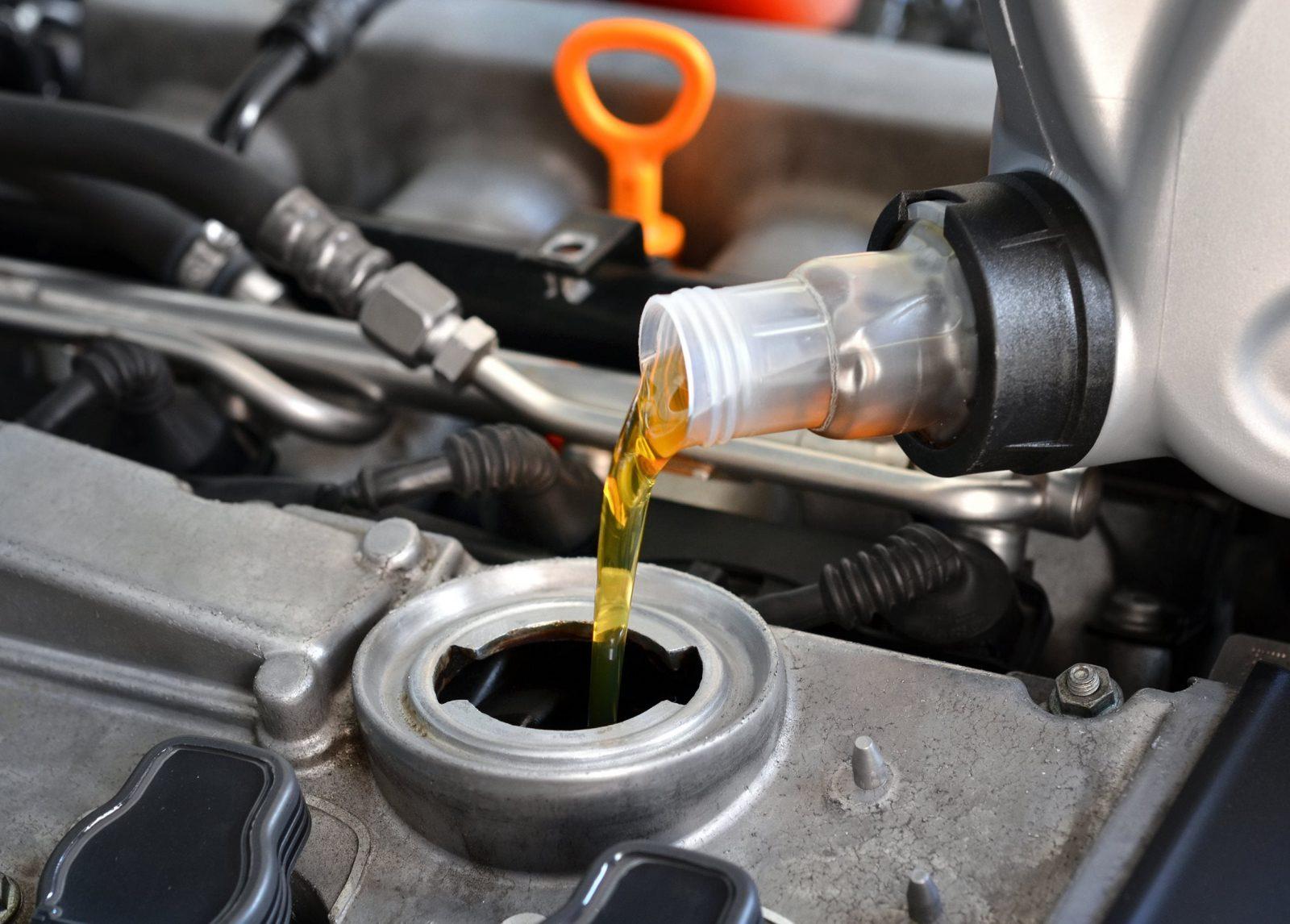Motor Oil Brands: Best Performance Brands & Popular Oil Myths
Many motor oil brands are made of synthetic and possess extra features which are suitable for specific markets. So, here we analyze and give some of the top motor oil brands comparison.
Top Motor Oil Brands You Should Use
If you are the type of driver who does not pay much attention to their car, you are at the right place. Remembering when it’s time for an oil change might be difficult, yet there is a trick for that.
All we need to know is we have to change it after every 3000 miles, and one problem is solved. However, when it’s high time to change the motor oil we find ourselves in disarray thinking what kind of motor oil to use.
Here are some top Motor Oil Brands you should use for better car performances!
Amsoil
A “Thin Film Oxygen Uptake Test” determines how well motor oil can perform, especially when it comes to resisting heat and oxygen breakdown.
If you would be willing to pay a little higher than what you allocate normally, there are tons of options. Not only can it increase your vehicle’s performance, it also ensures longevity.
Amsoil, one of the market leaders, lasts longer than its competitors. Moreover, some top motor oil brands remain liquid even when the temperature is as low as -58 degree!
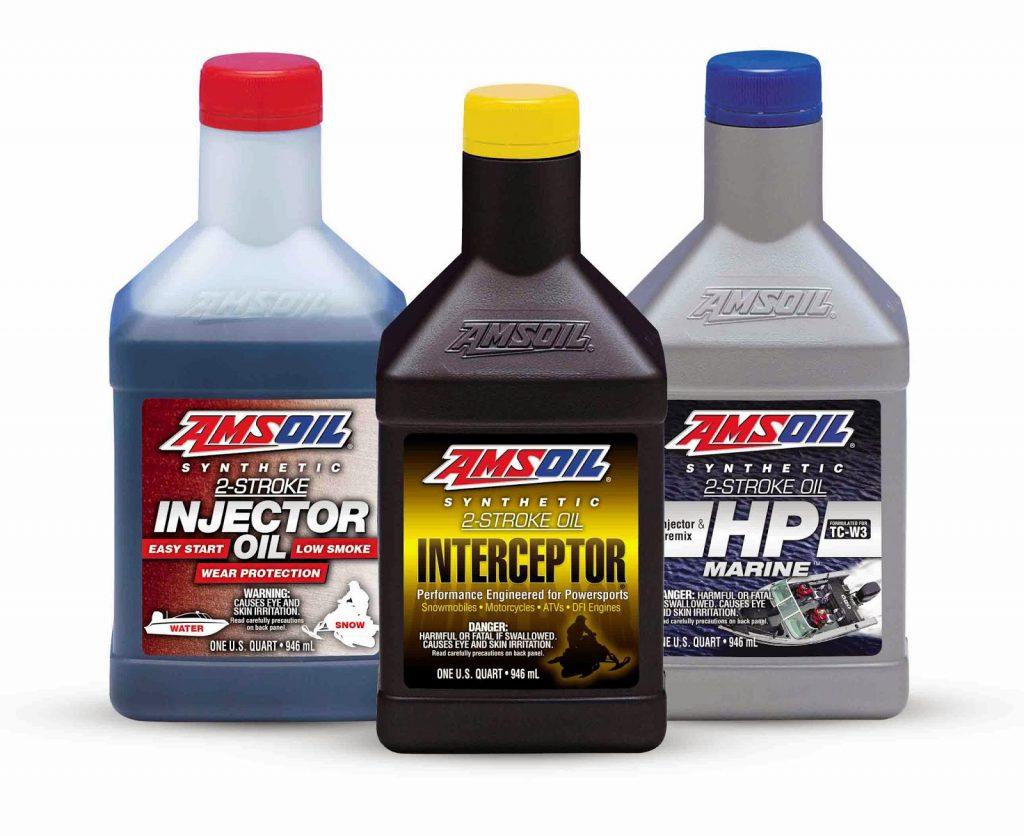
This product has made it through a set of tests to determine which synthetic oil brand works better. Evidently, it outperformed other contenders who enjoyed a commanding market share.
Royal Purple
Top motor oil brands are also evaporation resistant, that means they do not thicken easily and ensure superior protection.
Royal Purple underscores its efficacy as a top-notch motor oil which is able to elevate the horsepower of a car already performing optimally.
Furthermore, it reduces emission significantly and improves the existing condition of metal surfaces. And that’s why many high performance car users prefer Royal Purple in the first place.
To every household owning a car, Mobil 1 is a common name. In many past tests Mobil 1 had proved its effectiveness and surpassed many of its competitors.
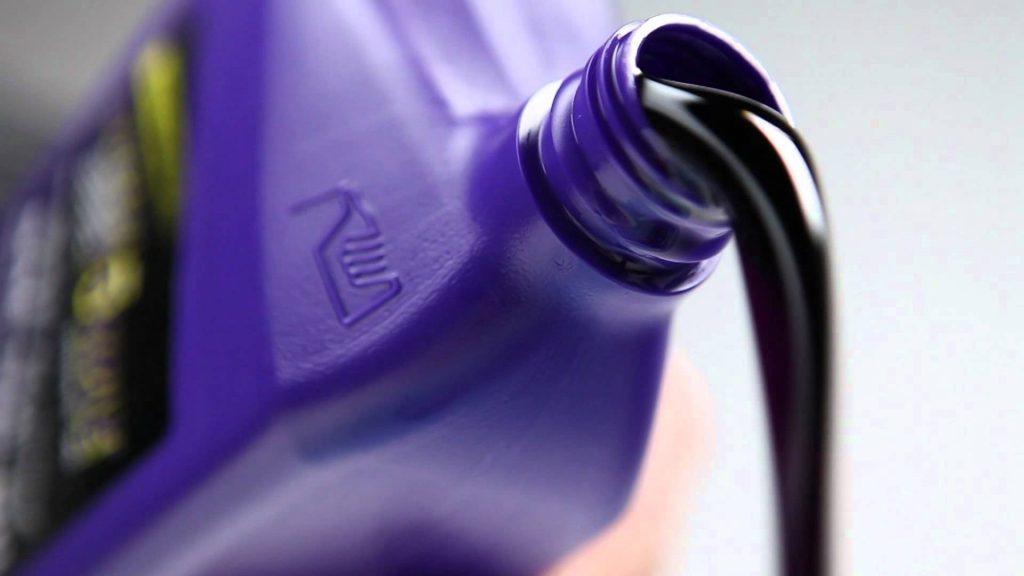
SEE MORE:
Pennzoil
Last but not least, we introduce one of the most famous motor oil brands, Pennzoil. Of motor oil brands comparison, Pennzoil, along with the first two brands, is different compared to the rest.
As a driver, you know how terrible sludge buildup can be. It affects and damages engine response, longevity, even fuel consumption.
In order to prevent and clean out sludge more effectively, a new generation of Pennzoil motor oil is released.
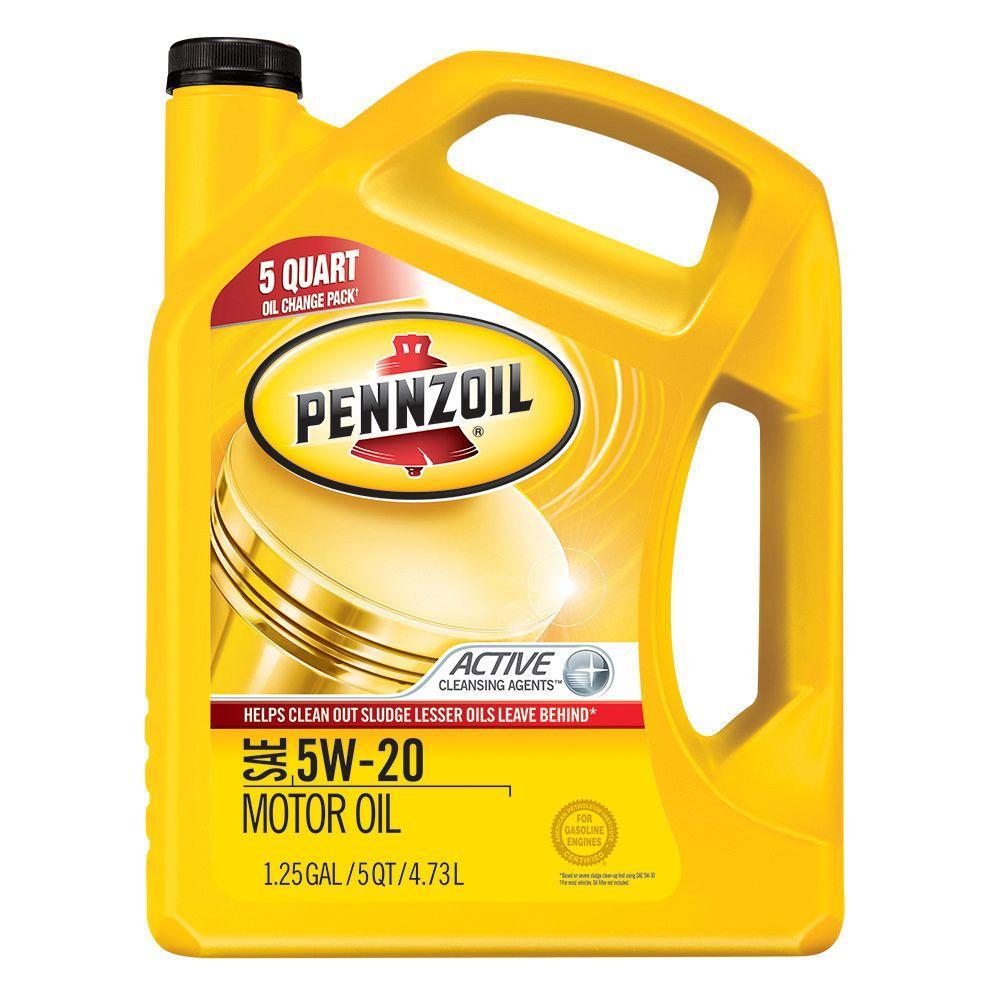
Based on SAE 5w-30, Pennzol can clean out over 45% of engine sludge in the 1st oil change, making it one of the most favorite brands. It also decreases the risk of leaks and burn-off in high mileage engines.
Popular Myths about Motor Oil
You Must Change Your Oil Every 3,000 miles No Matter What
From an early age, it is recommended by every manufacturer that drivers should change oil in the engine every 3000 miles.
Beyond that distance, the oil will create sludge inside the engine, which damages car parts and might increase risk for accident. However,Consumer Reports said it is no longer true!
With the modern motor oil brands nowadays, four-wheels vehicles can go for more than 7000 miles between oil changes, especially if you drive in stop-and-go traffic.
Yet again, in order to sell more oil, the 3000 miles quote is still spreading widely by manufacturers.

You Must Change Engine Oil When It Turns Dark
This is one of the most common myths when talking about motor oil. Drivers always worry that the oil has gotten dirty when it turns dark.
And everyone knows what will happen: Sludge will stick in your engine, slow the performances and damage the whole system. This is completely wrong.
The color of the oil does not affect its performances, which are protecting and lubricating the metal surface of the engine. This is true to every kind of oil, not just the top motor oil brands.
After all, the factor that decides when to change the oil is not the color of the oil but the car’s manufacturer.

The “W” In 10W-30 Oil Stands For “Weight”
For experienced car owners, oil’s viscosity is essential when buying engine oil. It responds to the thickness of the oil, so the best engine oil needs to have the medium level of oil’s viscosity.
To measure it, we have a single grade and multigrade way. In single grade, car owners will pour the oil through a tube-like device to record the traveling time from one end to the other. This single rating is called the oil’s “W” and it stands for “winter”.
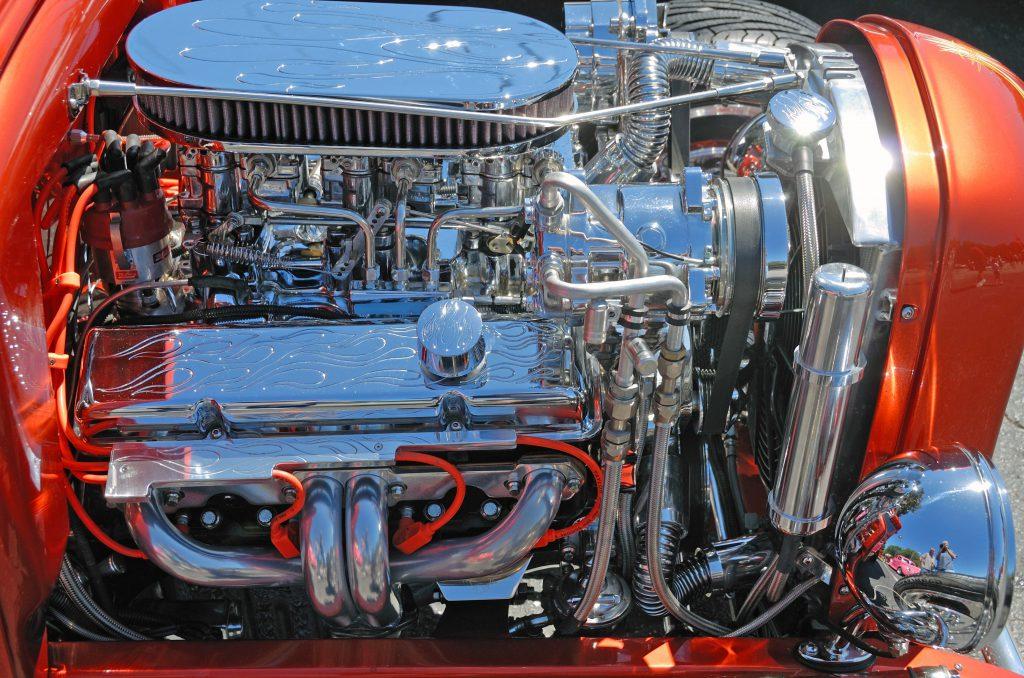
Synthetic Engine Oils Causes Oil Leaks
Synthetic engine oils are oils based on chemical base stocks, polyalphaolefins for example. It is true that when they first became viral, synthetic engine oils did not get along with the car’s engine gaskets and seals.
Unlike petroleum-based oils, they shrink the seals and lead to mysteriously appearance of oil leaks. For that reason, the myth that synthetic oils cause leaks began.
However, it is not true. There is truly a way in which synthetic oil causes leaks: It is used in an old car. This problem also might happen with a car that has been operated on petroleum-based oil for a long time.
Since the synthetic oil will clean the sludge off the seals, it will reveal leaks which were blocked by the sludge from the beginning. So if you are driving a 15-years-old car, we suggest you to not use synthetic oil too suddenly.

FAQs on Motor Oil Brands
-
Can using a specific motor oil brand improve my car’s fuel efficiency?
While some motor oils claim to improve fuel efficiency, the impact is usually minimal. The most significant factors affecting fuel efficiency are vehicle design, driving habits, and proper maintenance.
-
Is it necessary to use the same motor oil brand recommended by my vehicle manufacturer?
It’s advisable to follow the manufacturer’s recommendations for motor oil viscosity and specifications rather than a specific brand. Using oil that meets the manufacturer’s requirements is more important than the brand.
-
Does changing the motor oil brand affect my vehicle’s warranty?
Changing the motor oil brand should not affect your vehicle’s warranty if you use oil that meets the manufacturer’s specifications. However, it’s crucial to keep records of oil changes and use the recommended oil viscosity and specifications.
-
Can I switch between different motor oil brands and types during oil changes?
Generally, it’s acceptable to switch between different brands and types of oil during oil changes, as long as they meet the manufacturer’s specifications. However, consult your vehicle’s manual or a mechanic for specific guidance.
-
Are higher-priced motor oils always better in terms of performance and protection?
Higher-priced motor oils often offer advanced additives and synthetic formulations that may provide better performance and protection. However, the best choice depends on your vehicle’s needs and the manufacturer’s recommendations.
-
Can I extend the oil change interval if I use a premium synthetic oil?
Premium synthetic oils often allow for longer oil change intervals due to their superior durability and resistance to breakdown. However, it’s essential to follow the manufacturer’s recommended oil change intervals for your specific vehicle.
-
Are all synthetic oils created equal, or are some brands better than others?
Not all synthetic oils are equal. Some brands invest in research and development to produce higher-quality synthetic oils with superior additives and performance characteristics. It’s advisable to choose reputable brands known for quality.
-
Can using a specific motor oil brand prevent engine sludge buildup?
While some motor oils claim to prevent sludge buildup, proper maintenance practices, including regular oil changes and using the right oil viscosity, play a more significant role in preventing engine sludge.
Check out this video from Scotty Kilmer to learn some engine oil myths to avoid!
Conclusion
While there are performance-oriented motor oil brands that cater to high-performance and racing enthusiasts, many reputable and well-established brands offer motor oils that meet the requirements of everyday drivers and vehicle manufacturers’ recommendations.
It’s crucial to follow your vehicle manufacturer’s guidelines regarding oil viscosity, specifications, and change intervals. Regular maintenance and using the right motor oil can help ensure the longevity and optimal performance of your vehicle’s engine.













